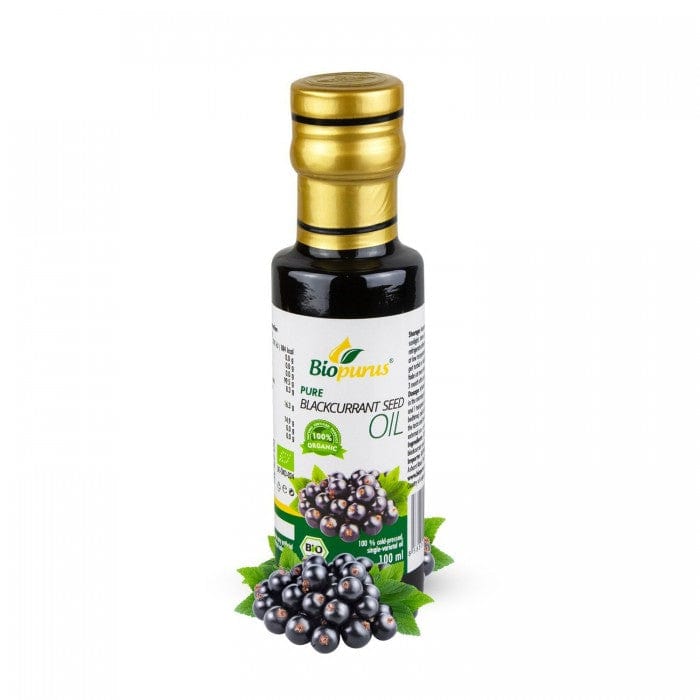Blackcurrant Seed Oil
An extract from the seeds of the blackcurrant plant is known as blackcurrant seed oil. Gamma-linolenic acid (GLA), an omega-6 fatty acid that is thought to have a number of health advantages, can be found in this oil.According to some studies, blackcurrant seed oil may aid in reducing inflammation, easing joint pain, and enhancing skin health. Additionally, premenstrual syndrome (PMS) can occasionally be treated naturally with blackcurrant seed oil.While blackcurrant seed oil seems to be safe for the majority of people, some people may experience side effects. As a result, it's crucial to consult a doctor before taking this or any other supplement.


 Rated Excellent by 26,523+ Reviews
Rated Excellent by 26,523+ Reviews